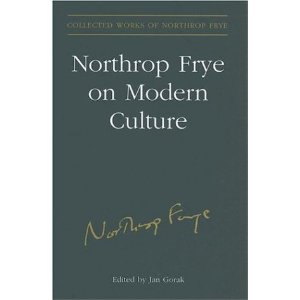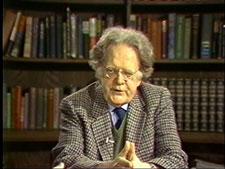http://www.youtube.com/watch?v=vhO3dTdp6ek
Jesse LaGreca surprises Fox News by knowing far more than Fox News expected. Fox News has not broadcast this interview.
Dahlia Lithwick in Slate takes apart the enervating meme that OWS has “no message.” An excerpt:
Occupy Wall Street is not a movement without a message. It’s a movement that has wisely shunned the one-note, pre-chewed, simple-minded messaging required for cable television as it now exists. It’s a movement that feels no need to explain anything to the powers that be, although it is deftly changing the way we explain ourselves to one another.
Think, for just a moment, about the irony. We are the most media-saturated 24-hour-cable-soaked culture in the world, and yet around the country, on Facebook and at protests, people are holding up cardboard signs, the way protesters in ancient Sumeria might have done when demonstrating against a rise in the price of figs. And why is that? Because they very wisely don’t trust television cameras and microphones to get it right anymore. Because a media constructed around the illusion of false equivalencies, screaming pundits, and manufactured crises fails to capture who we are and what we value.
For the past several years, while the mainstream media was dutifully reporting on all things Kardashian or (more recently) a wholly manufactured debt-ceiling crisis, ordinary people were losing their health care, their homes, their jobs, and their savings. Those people have taken that narrative to Facebook and Twitter—just as citizens took to those alternative forms of media throughout the Middle East as part of the Arab Spring. And just to be clear: They aren’t holding up signs that say “I want Bill O’Reilly’s stuff.” They aren’t holding up signs that say “I am animated by toxic levels of envy and entitlement.” They are holding up signs that are perfectly and intrinsically clear: They want accountability for the banks that took their money, they want to end corporate control of government. They want their jobs back. They would like to feed their children. They want—wait, no, we want—to be heard by a media that has devoted four mind-numbing years to channeling and interpreting every word uttered by a member of the Palin family while ignoring the voices of everyone else.
And there’s this. The mainstream media thrives on simple solutions. It has no idea whatsoever of how to report on a story that isn’t about easy fixes so much as it is about anguished human frustration and fear. The media prides itself on its ability to tell you how to clear your clutter, regrout your shower, or purge your closet of anything that makes you look fat—in 24 minutes or less. It is bound to be flummoxed by a protest that offers up no happy endings. Luckily for us, #OWS doesn’t seem to care.
It must be painful for the pundits at Fox News. The more they demand that OWS explain itself in simple, Fox-like terms, the more cheerfully they are ignored by the occupiers around the country. As efforts to ridicule the protesters fail, attempts to repurpose the good old days of enemies lists falter; and efforts to demonize the occupiers backfire, polls continue to show that Americans support the protesters and share their goals. The rest of us quickly cottoned on to the fact that the only people who are scared of the “violent mobs” at Occupy Wall Street are the people being paid to call them violent mobs.
Report from Occupy London in the Guardian.

